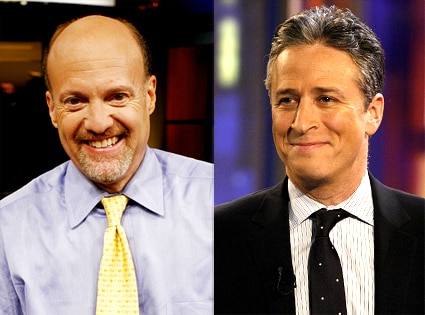 Mediafly just released the beta version of their player for BlackBerry devices. For those of you who don’t know, Mediafly is a free service to enable you to manage all of your podcasts and discover new podcasts, across all of your devices (iPhone, iPod, Sansa, Zen, Squeezebox, chumby, PopcornHour, Zune, CastGrabber, and even plain old RSS). That may sound complicated, but it’s enormously useful once you realize how it works.
Mediafly just released the beta version of their player for BlackBerry devices. For those of you who don’t know, Mediafly is a free service to enable you to manage all of your podcasts and discover new podcasts, across all of your devices (iPhone, iPod, Sansa, Zen, Squeezebox, chumby, PopcornHour, Zune, CastGrabber, and even plain old RSS). That may sound complicated, but it’s enormously useful once you realize how it works.
I listen to This American Life from Chicago Public Radio quite often – at the gym, on the bus, etc. In the past, I would have to remember to sync my iPod to iTunes to ensure the podcast is loaded onto it. With Mediafly Audio Edition for Blackberry, however, I can simply stream new and recent episodes quickly through the application’s interface whenever I want.
When you open the application, you are given a list of channels with default shows within them. Lots of great exploration here. There are a lot of audio programs I recently started listening to that I did not know existed before starting to use Mediafly. I’ve become a fan of Gordon Deal’s dry wit on the Wall Street Journal podcasts. And, the Chicago Booth Graduate School of Business puts out CareerCast, interviews with professionals on various career-related topics. I find these to be excellent as well.
Next, you can customize your own channel list. If you want to customize the list, you can register for free at Mediafly.com and link your BlackBerry to your device. You can then add and remove shows and episodes from both the BlackBerry and from the website.
Finally, there is a version that supports video podcasts as well in the works.
It’s definitely worth trying out, at the very least to see what kind of content you can find. The release is a beta, so please let them know if you encounter any bugs or other issues (you can do so right from the application, it seems).
To install, point your BlackBerry browser to: http://www.mediafly.mobi

 A fascinating article in
A fascinating article in 


 Given the death of someone in the news while skiing this week, I was able to find numbers on what I have been looking for that justify my suspicion: use of helmets by skiers has increased dramatically recently.
Given the death of someone in the news while skiing this week, I was able to find numbers on what I have been looking for that justify my suspicion: use of helmets by skiers has increased dramatically recently. I’ve practically grown up with the business news channel
I’ve practically grown up with the business news channel 